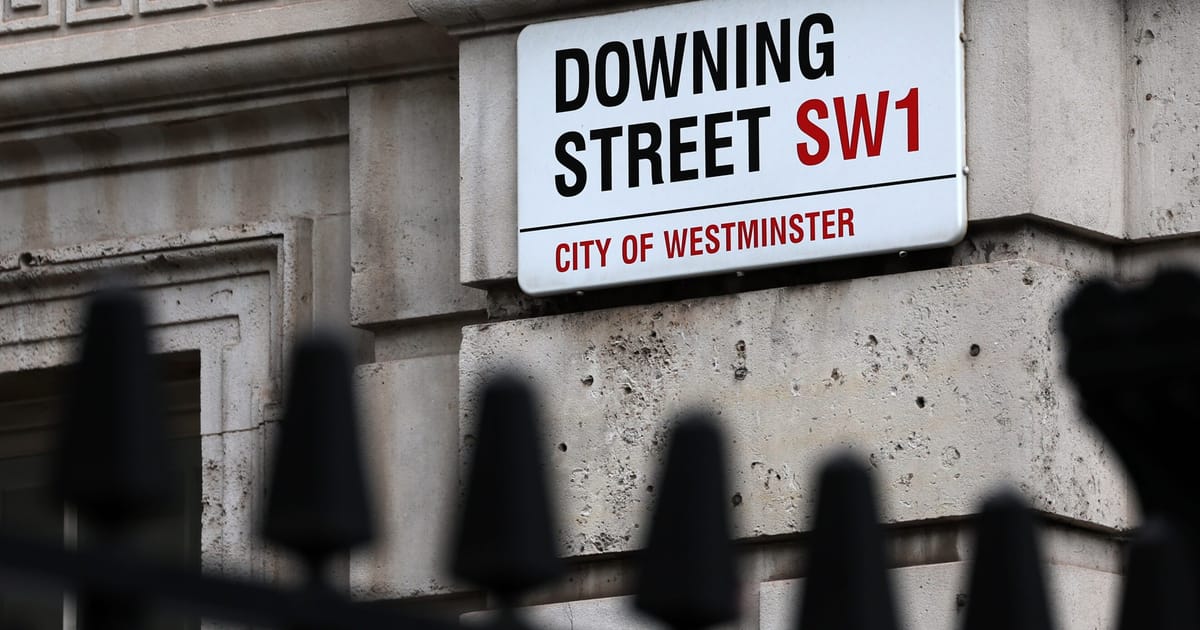

In the ever-shifting global landscape, recent developments concerning the United Kingdom’s energy supply and diplomatic relations have highlighted significant detail and intricate connections. A matter of particular interest is the source of gas powering critical British governmental buildings, including Downing Street, which bears implications for both national energy strategy and international diplomacy.
In a noteworthy revelation, the U.K. subsidiary of the French fossil fuel giant, TotalEnergies, has been identified as the provider of gas to several state buildings, including Downing Street itself. This subsidiary plays a pivotal role due to TotalEnergies’ broader activities in Europe, particularly its dealings as a significant importer of Russian gas. This connection underscores the intricate mesh of international energy supply chains and the complexities inherent in managing them, particularly during times of fluctuating diplomatic ties. The British government’s reliance on a firm with such associations invites discourse on energy independence and sustainability, as well as the diversification of supply sources to minimize geopolitical vulnerabilities.
In parallel with these energy considerations, another area commanding attention is the diplomatic sphere, particularly the relationship between the United Kingdom and China. Recent intelligence assessments have cast a spotlight on an uptick in espionage activities allegedly linked to China. This comes amidst a backdrop of the Labour government’s efforts to stabilize and improve relations with Beijing, which had become markedly strained during previous conservative administrations.
The intricate dance of diplomacy between the UK and China is woven with challenges and opportunities. The current administration is now faced with the delicate task of managing national security concerns while simultaneously striving to forge a more cooperative and harmonious relationship with China. This delicate balance is critical as it holds profound implications for both countries in terms of trade, investment, and international cooperation on global issues.
These separate yet interconnected developments reflect the ongoing interplay between national security, international diplomacy, and energy policy—a triptych of modern governance that demands both adaptability and foresight. As the UK navigates these pressing issues, the emphasis remains on fostering stable and sustainable solutions that align with its broader strategic objectives.
In conclusion, the UK’s current situation serves as a reminder of the complex interdependencies that characterize global interactions today. The focus on renewing diplomatic ties with China and reassessing energy supply from entities linked to foreign influences underscores the nation’s commitment to forging a path that secures both its domestic interests and its place in the international community. With each step, calm and considered strategies pave the way for a future where energy independence and constructive international relationships go hand in hand.
Source: {link}
